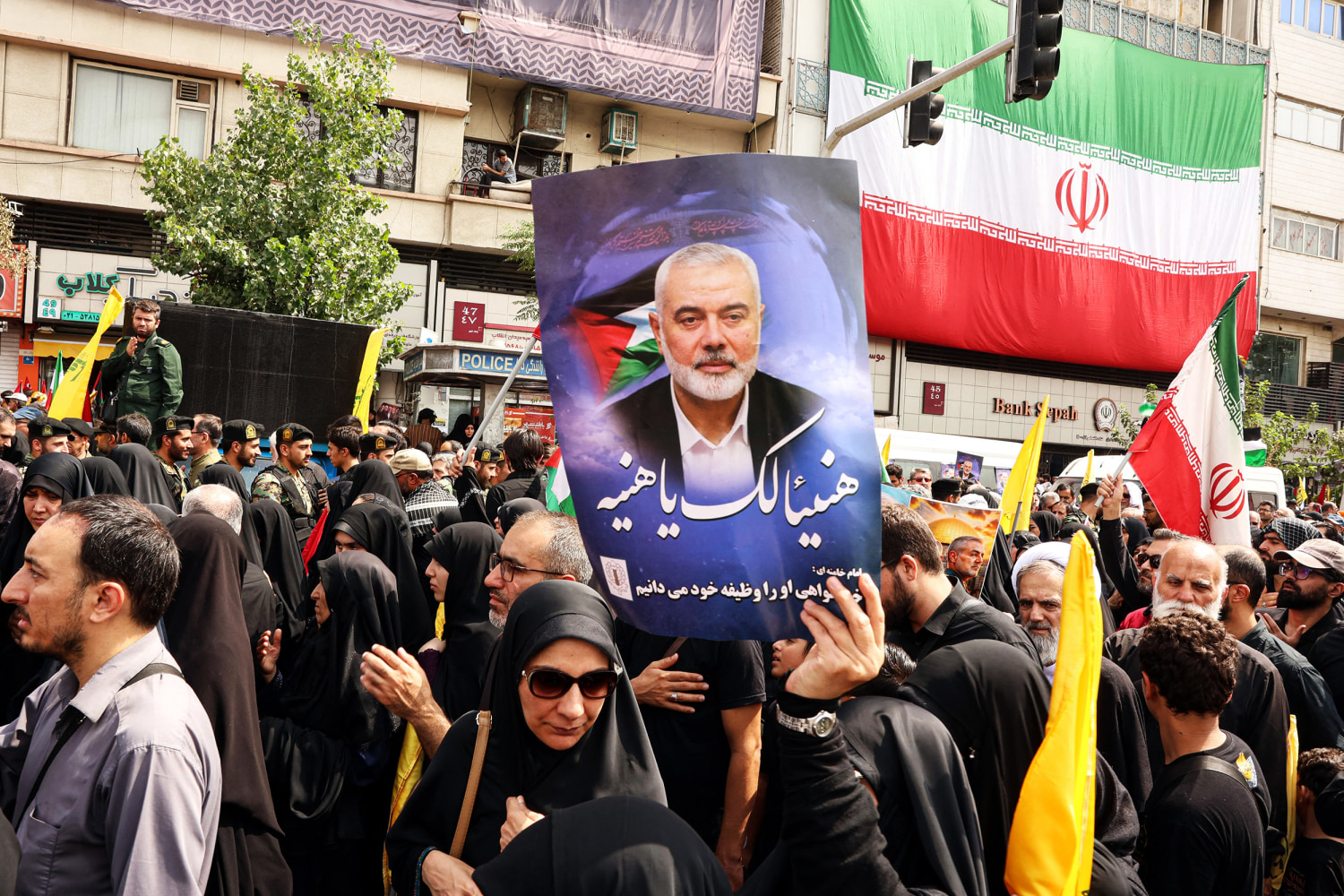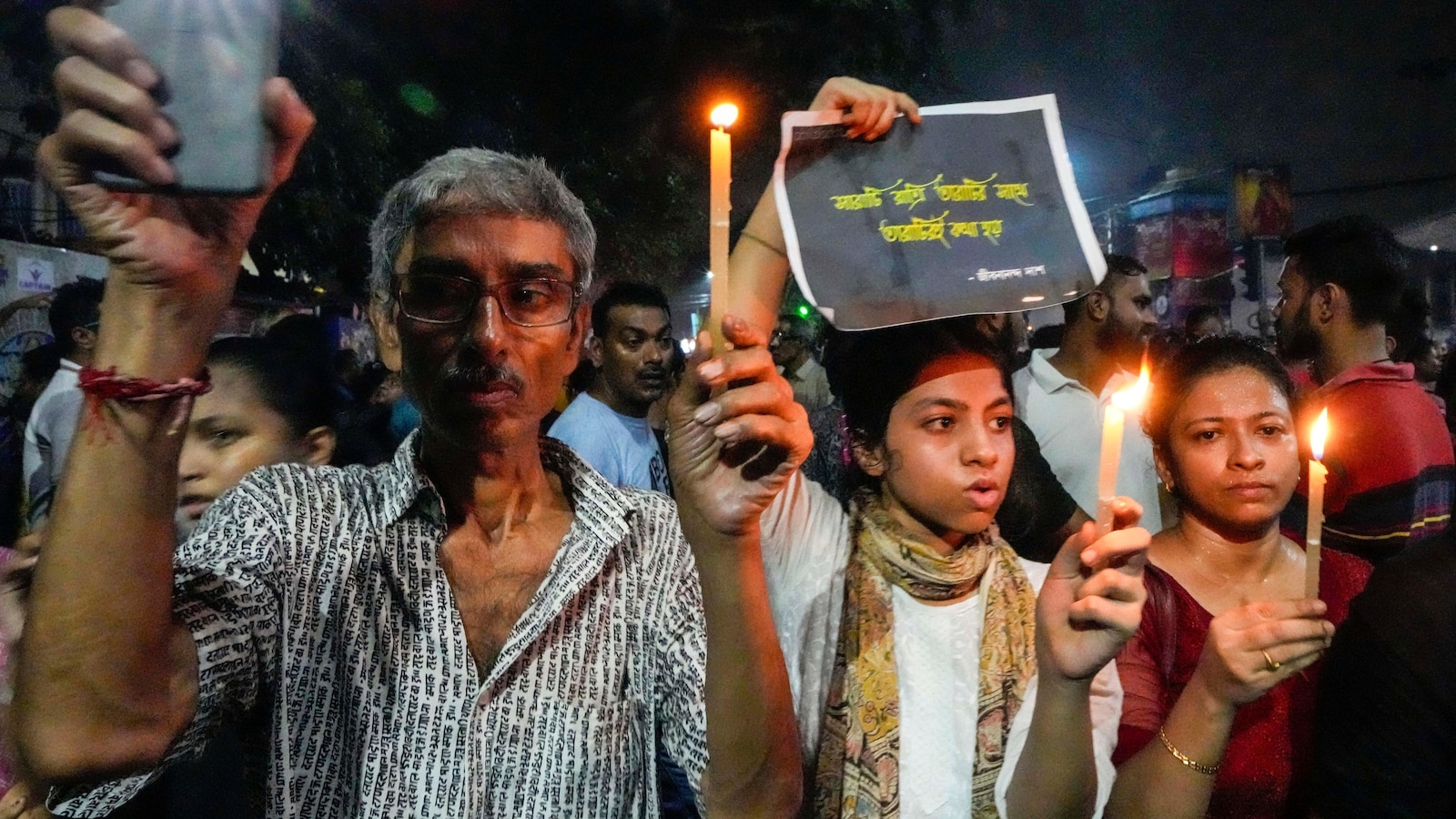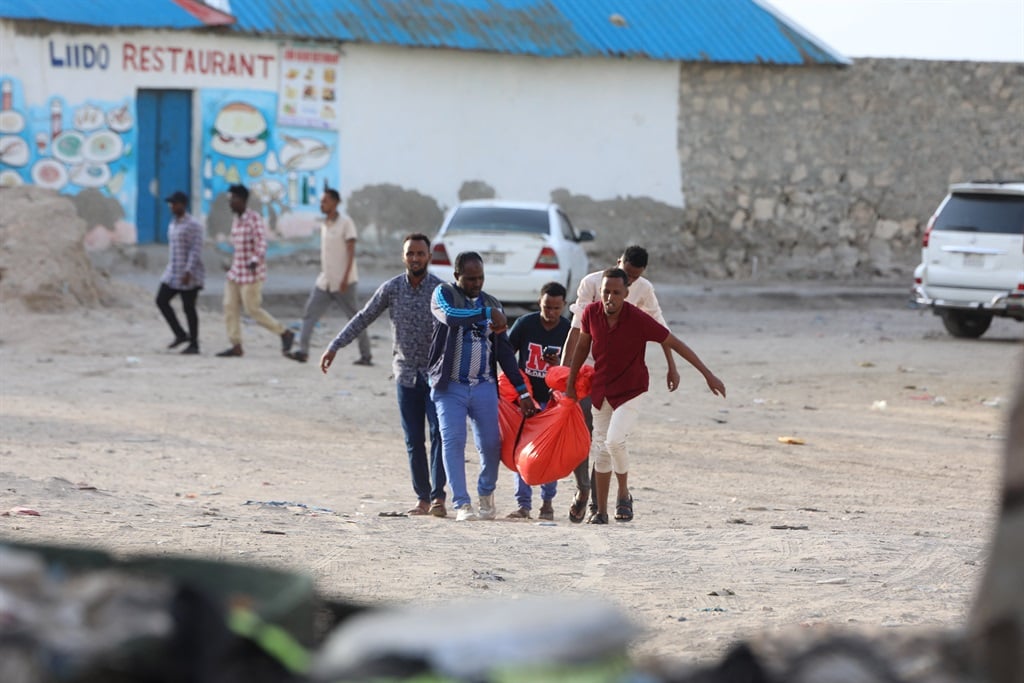Retaliatory Attacks: Iran’s Determination and International Concerns
Introduction
The assassination of Ismail Haniyeh, the Hamas political leader, in Tehran has sparked tensions between Iran and Israel, leading to concerns about a potential escalation of conflict in the Middle East. Iran has rejected calls to refrain from retaliatory attacks, while the United States and its allies have urged de-escalation.
Iran’s Stance
Iran’s Foreign Ministry spokesman, Nasser Kanaani, has stated that Iran is determined to defend its national security. He has condemned Israel’s assassination of Haniyeh as a violation of Iran’s sovereignty and territorial integrity. Kanaani has dismissed Western calls for de-escalation, asserting that they lack political logic and support terrorism.
International Concerns
The United States and several European countries, including the United Kingdom, France, Germany and Italy, have issued a joint statement urging Iran and its allies to refrain from military attacks against Israel. They have expressed fears that a direct attack could be imminent.
The United States has deployed a guided missile submarine and expedited the arrival of an aircraft carrier strike group to the Middle East to assist in defending Israel. The White House has warned of the potential for significant attacks and has increased its force posture and capabilities in the region.
Hezbollah’s Potential Involvement
Concerns have also arisen about retaliation from Hezbollah, an Iran-backed Lebanese militant group, following the killing of its senior commander, Fuad Shukr, in Beirut. Hezbollah has vowed to avenge Shukr’s death, fueling fears of an all-out war.
Diplomatic Efforts
Amidst the tensions, the United Kingdom, France and Germany have warned Iran and its proxies of the consequences of actions that jeopardize peace and stability in the Middle East. Iran has dismissed this warning as “shameless” and has questioned the lack of condemnation of Israel’s actions.
International Travel and Airspace
Several countries have advised airlines to avoid airspace in the region and have urged their citizens to leave certain parts of the Middle East due to concerns about escalating conflict.
Conclusion
The situation between Iran and Israel remains volatile, with the potential for further escalation. Iran’s determination to retaliate against Israel’s assassination of Haniyeh has raised international concerns and prompted diplomatic efforts to avert a wider conflict. The involvement of Hezbollah adds another layer of complexity, as the militant group seeks vengeance for the killing of its commander. The ongoing tensions underscore the intricate geopolitical dynamics of the Middle East and the need for diplomacy and de-escalation to prevent further bloodshed.



